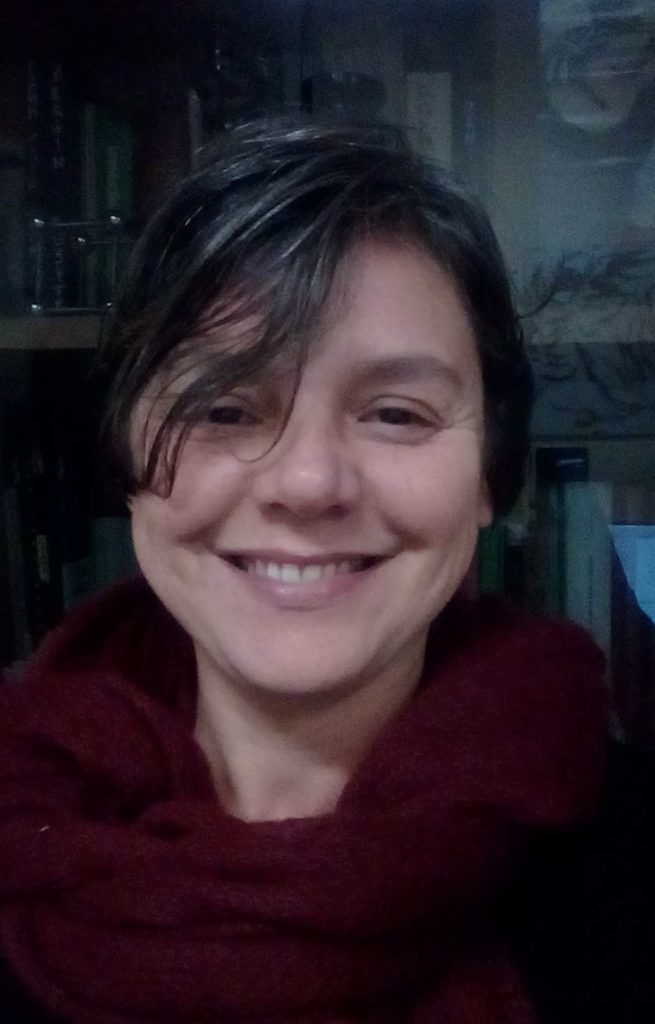Francesca Rossi
My work is centered on understanding how communities and food webs can respond to environmental changes in order to improve conservation and restoration success. At present, I an involved in projects that explore the role of emergent pollutants such as marine noise and artificial light at night (ALAN) on fish and invertebrate growth and feeding behaviour. I lead a project on the trophic ecology of sandy shores with educational and conservation purposes and a project on the trophic diversity and functioning of modern artificial structures used to ecologically “reconcile” degraded marinas. My role in MERMAID is to contribute to understand how trophic relationships among marine resources have changed across time and in relation to coastal development and urbanisation.
My general fields of interest include: fundamental and applied ecology; marine ecosystem biodiversity and functioning; ecological resilience to human-related and natural disturbances; experimental quantitative ecology; interested in conservation and restoration ecology, with the believe that fundamental ecology is key for environmental protection; ocean literacy. My specific fields of interest are: benthic ecology; sediment biogeochemistry (nutrient and carbon fluxes, decomposition of detritus); macrofaunal diversity; intertidal and subtidal vegetated and bare sediments; field and mesocosm experimental design and statistical analyses for univariate and multivariate data (generalised linear models, PERMANOVA); stable isotopes (of nitrogen and carbon) used to trace the fate of nutrients and carbon in food webs and to define trophic niches; environmental education.
